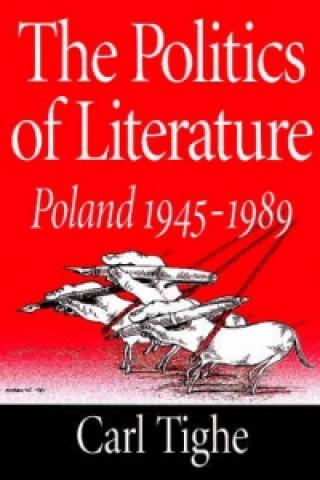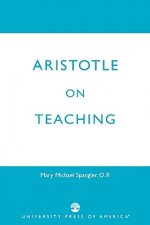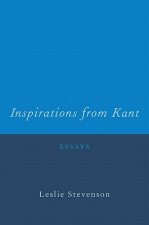
Doručenie
Nákupný poradca





Nehodí sa? Žiadny problém! U nás môžete do 30 dní vrátiť
 Darčekový poukaz
v ľubovoľnej hodnote
Darčekový poukaz
v ľubovoľnej hodnote
S darčekovým poukazom nešliapnete vedľa. Obdarovaný si za darčekový poukaz môže vybrať čokoľvek z našej ponuky.
Politics of Literature
 Angličtina
Angličtina
 75 b
75 b
 PRIPRAVUJEME
PRIPRAVUJEME
 Termín neznámy
Termín neznámy
30 dní na vrátenie tovaru
Mohlo by vás tiež zaujímať


In Poland, literature is politics by other means; writers are the real national leadership. The history of post-war Polish literature is also very much the story of opposition to communism. In this pioneering and stimulating study of post-war Polish intellectual history, Carl Tighe analyses the complex interface between politics and literature under communism. It is an analysis which shows clearly that it was not the Catholic Church but the writers of the lay left who were the most consistent critics and opponents of Stalinism. This innovative study draws on the working lives of more than 200 writers, but its focus is on the wily creativity and turbulent careers of a handful of internationally renowned figures: novelist Jerzy Andrzejewski, critic Jan Kott, science-fiction writer Stanis aw Lem, diarist Kazimierz Brandys, journalist Ryszard Kapu ci ski, novelist Tadeusz Konwicki, and historian Michnik. This portrait of a generation depicts vividly the dilemmas faced by writers in twentieth-century Poland. Between them they ran the gamut of European political experience: military dictatorship, invasion, occupation, resistance, 'liberation' by the Red Army, Stalinism, revisionism, opposition, imprisonment, anti-Semitic purges, exile, emigration, Solidarno, martial law, the collapse of communism, the advent of the free market and democracy. They challenged Stalinism, but yet clung to the ideal of 'socialism with a human face'. This challenging study explores the literature of post-war Poland and examines the social and political ambitions of the new intellectual leadership. It is a timely analysis of the culture of a country whose experience of recent history has been very different from that of western Europe.
Informácie o knihe
 Angličtina
Angličtina
Kategórie




 Ako nakupovať
Ako nakupovať

























